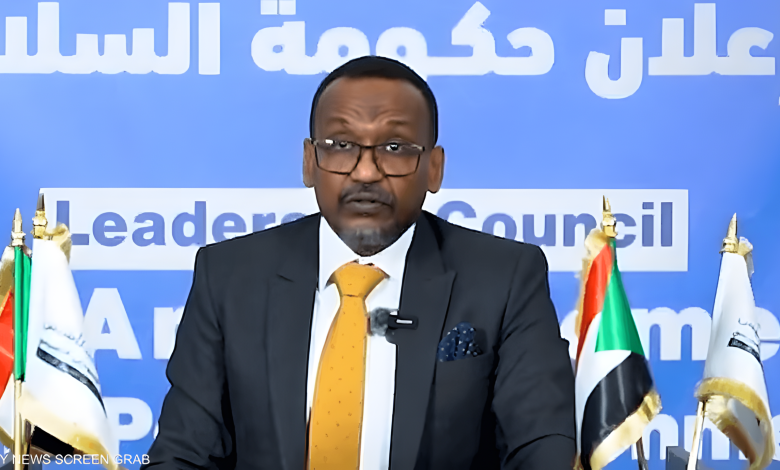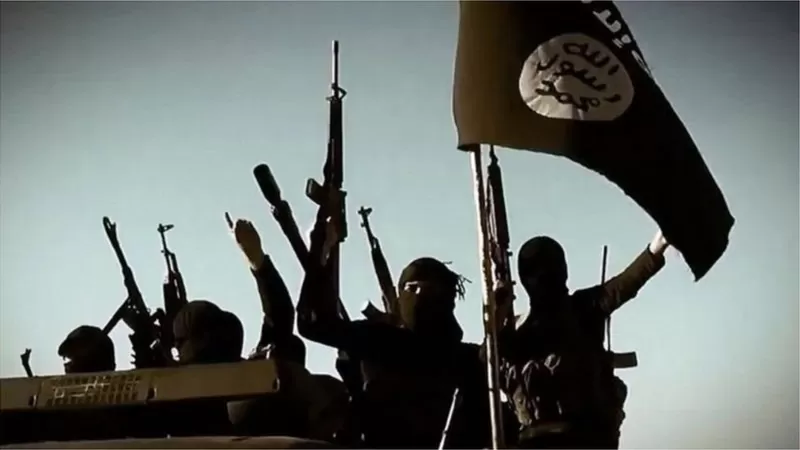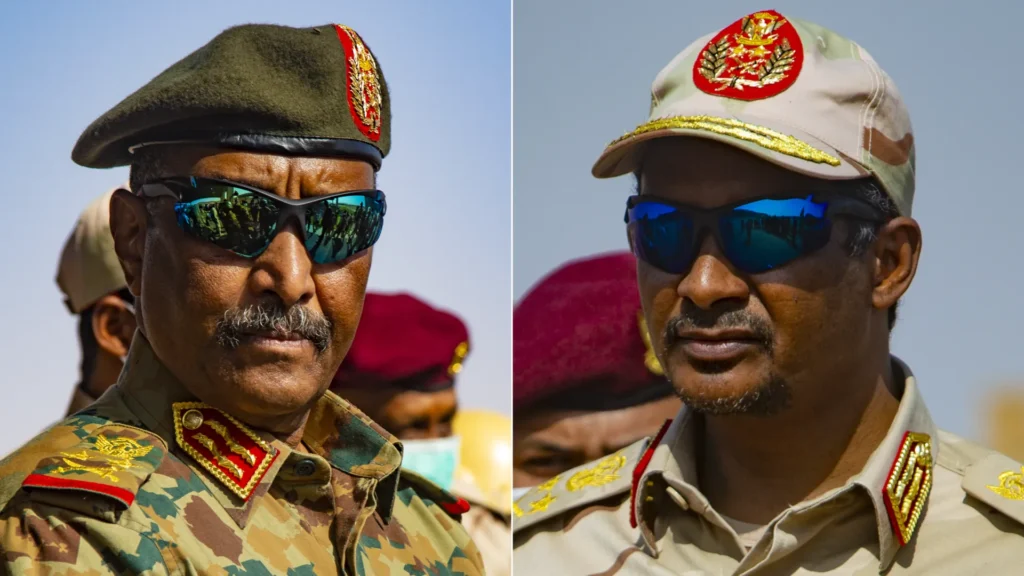
South Sudan’s fragile peace is again under strain as the trial of opposition leader Riek Machar casts doubt on the 2018 agreement. The transitional government insists it remains committed to the accord, even as Machar and seven allies face treason and murder charges.
Authorities accuse them of orchestrating a March assault on a government base in Nasir, where a general and dozens of soldiers were killed. Cabinet Affairs Minister Martin Elia Lomuro told diplomats in Juba on Monday that elections will still be held in December 2026 as planned.
He stressed the trial was “not directly connected” to the peace deal, urging patience as investigations continue into the opposition leadership. Analysts and activists strongly disagree, warning the legal proceedings undermine unity, inclusion, and trust at the core of the fragile accord.
“Machar is a main signatory, and his trial will destabilise peace while frightening investors,” said James Boboya, a policy analyst in Juba. He called Lomuro’s remarks “politically motivated and disconnected,” warning South Sudan is sliding into economic hardship and worsening humanitarian despair.
Boboya added that the rift between President Salva Kiir and Machar erodes confidence, leaving citizens doubtful about the promised democratic transition. “The absence of unity creates a trust deficit,” he said, cautioning that international partners will hesitate without credible commitment from both sides.
Civil society activist Ter Manyang Gatwech echoed those fears, insisting peace cannot endure if any principal signatory is excluded from the process. “You cannot claim commitment while one of its architects is sidelined,” he said, warning such exclusion robs the accord of its legitimacy. Signed in 2018 to end years of war, the deal created a unity government and promised elections, now twice delayed to 2026.




